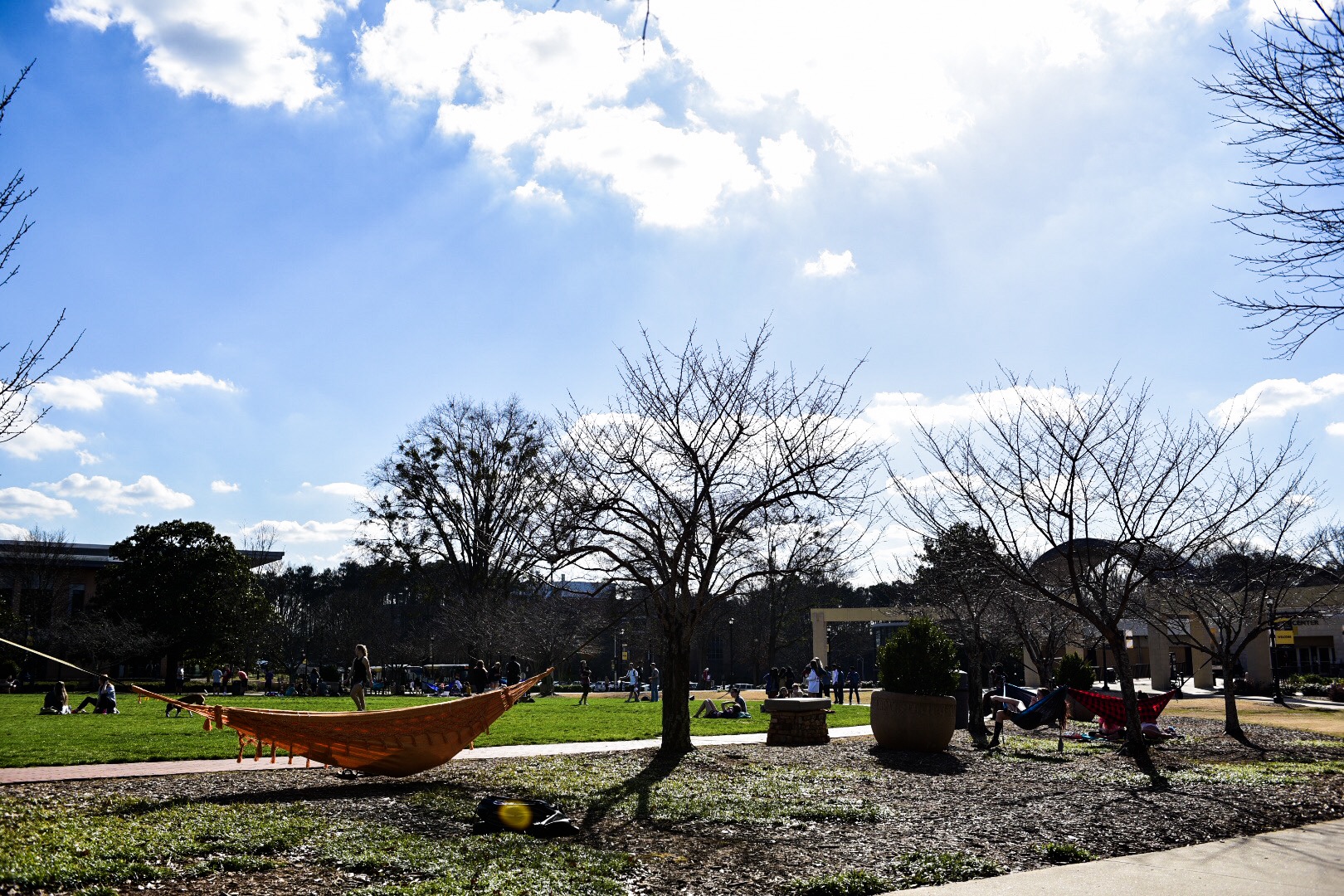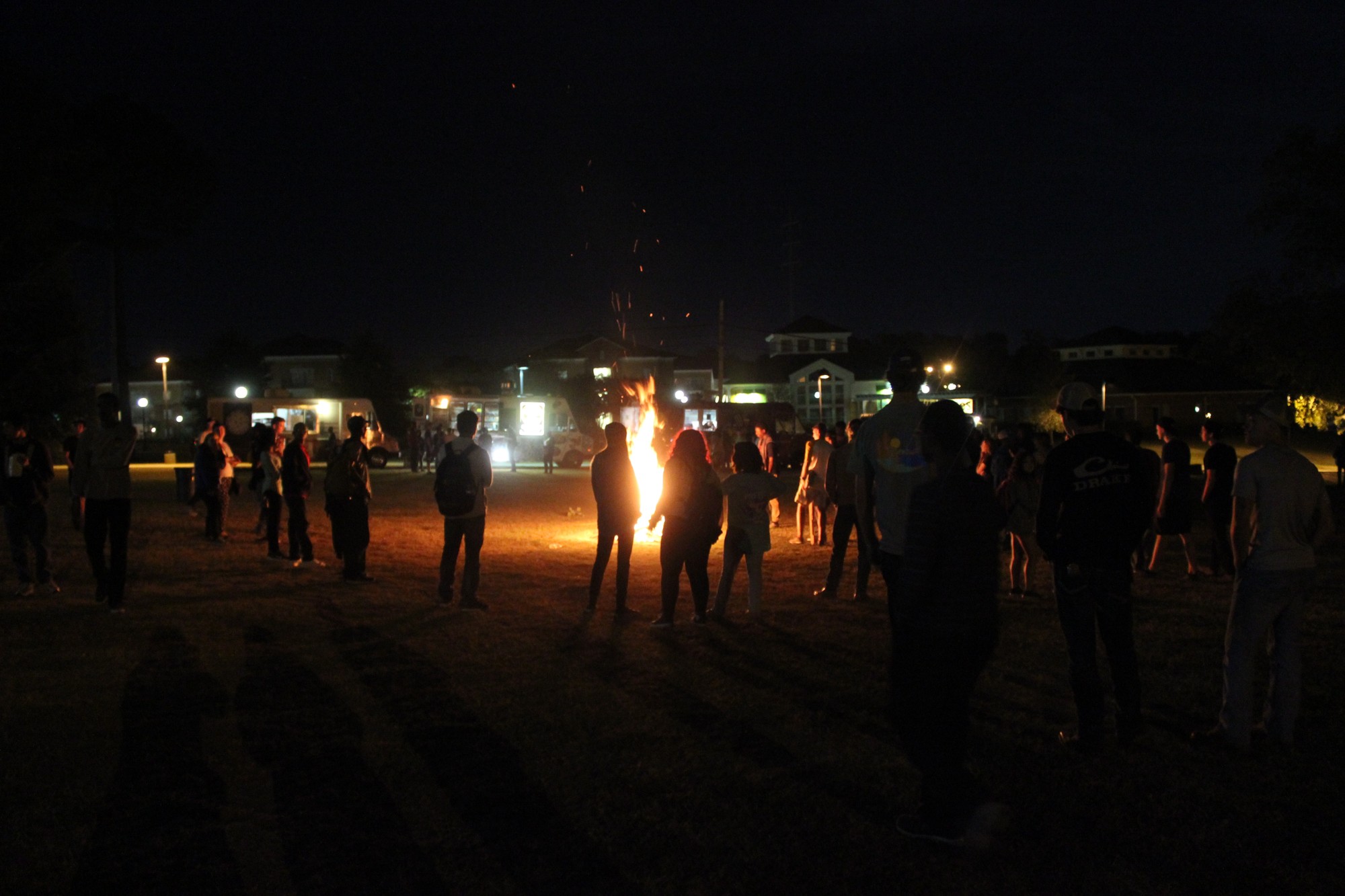Kennesaw State Assistant Professor of mathematics Babak Moazzez encourages students to think critically when solving problems, even in the switch to remote learning.
In addition to a Calculus II course, Moazzez also teaches Probability and Interference — totaling nearly 100 students under his instruction. He said he teaches by a philosophy to provide students with the necessary tools to critically analyze situations independently.
“I don’t want to give them a recipe on how to pass my course,” Moazzez said. “But instead I want to teach them how to think and analyze problems — gain the ability to solve problems on their own.”
He said he believes the ability to think independently is highly appreciated in society. Students can expect the ability to analyze problems independently to prove very useful in every situation of their lives.
Moazzez and his students are currently facing an unexpected, real-world situation — remote learning. However, Moazzez said his transition to online instruction has gone smoothly, thanks to methods he already incorporated in the classroom and his students’ patience.
“When I was teaching in the classroom I already used a tablet to write on,” Moazzez said. “That tablet screen was shared to the projector. So I said … ‘Don’t take notes, just listen and learn.’ Now that we’ve gone online I do the same thing, the difference is that I share that screen on my laptop.”
He explained that while in the classroom, this method allowed students to focus solely on the lecture, which he would later post online. While he continues to post his lectures and notes for students on Desire 2 Learn — the online platform where students’ courses are managed — Moazzez has discovered other challenges that required quick accommodation.
Expressing mathematics in type, proctoring exams and office hour equivalents have proven to be challenges, Moazzez admitted. Nonetheless, he has addressed these problems with effective, clear communication and utilizing more tools and software provided by KSU.
“I want to mention what our [university] president, Dr. Whitten, said ‘this is not online learning, this is remote learning,’” Moazzez said. “These courses are not designed to be given online but because of the situation … we have to use every tool that we have access to in order to make it easier.”
Moazzez said he advises students to attend all of their class sessions, continue asking questions and make use of their professors’ means of communication. He explained that KSU transitioned to online learning by assisting instructors in being proactive — a process he believes students and faculty have handled smoothly.
Moazzez said he always had a fascination with mathematics as a child but did not discover a passion to teach until high school. He said his appreciation for instruction grew when he enrolled in an undergraduate course that stressed the importance of engaging students in the classroom.
“I have many students coming from different disciplines,” Moazzez said. “So I have to adjust my methods so that I can teach all of them and help all of them equally.”
Moazzez said that since beginning his tenure at KSU, he has enjoyed the balance he is able to maintain between instruction and his own personal research. His current research focuses on applying integer programming techniques to solve graph theory problems.
Following this era of remote learning, Moazzez plans to continue making use of Collaborate Ultra, a program many KSU professors are using to video chat and share lectures with students. Moazzez believes the ease and efficiency of this program is the “perfect” tool for online office hours.



